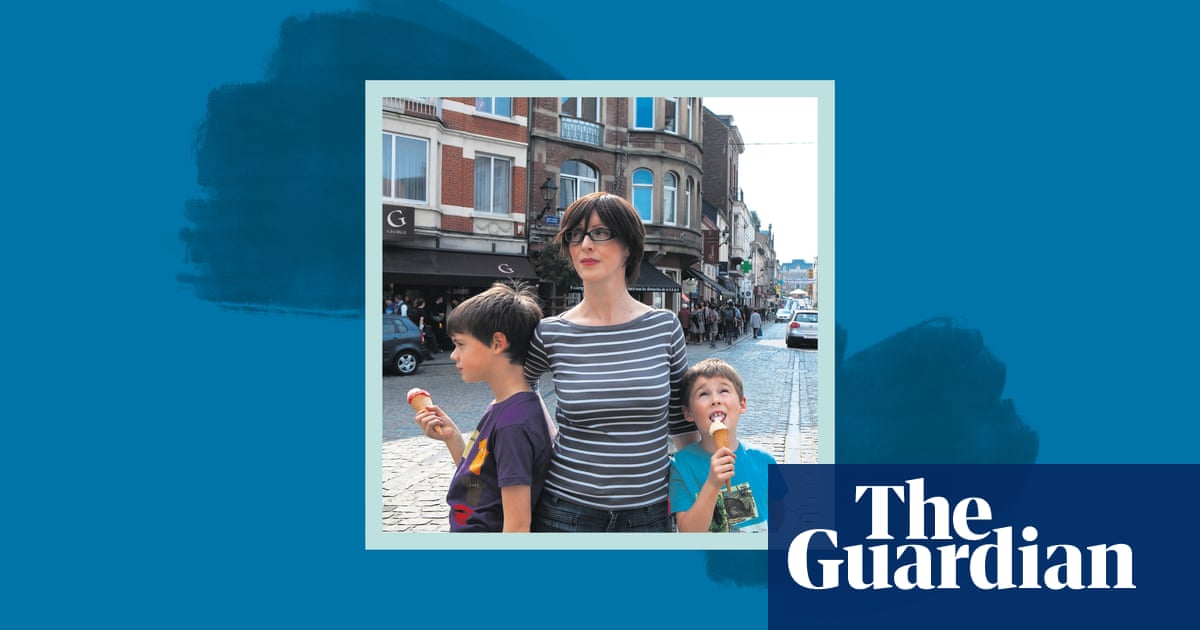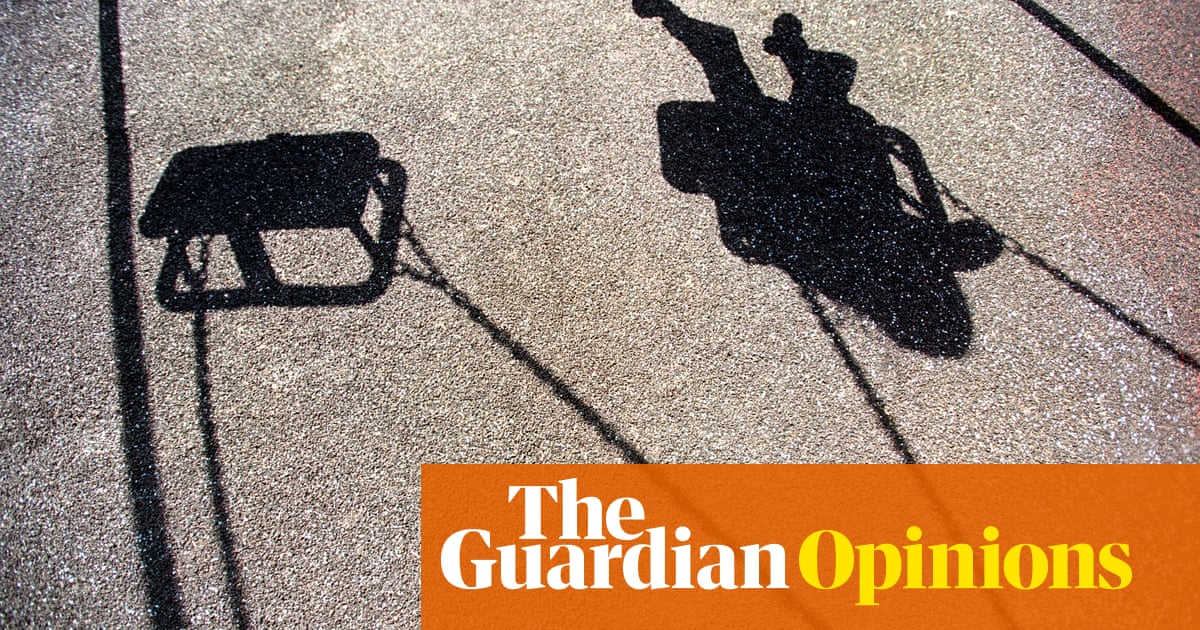
My sister got married at Christmas so she wouldn’t have to bank on good weather. This is a very my-sister rationale: like her father before her, she is a worrier. She tries to contain her anxiety by planning for the worst.
The night before the wedding, my father fell on the stairs. My mother was unable to move him by herself and had to call her cousins for help. That night, she accepted what the rest of us had known for some time: she could no longer care for him at home. She had tried, but it was becoming dangerous for both of them.
After the fall, he remained bed-bound and never walked again. My sister went to see him on her way to the church. I waited in the car, fighting the irrational belief he had somehow done this on purpose. Of course, no one develops vascular dementia deliberately. Even so, he had managed to rearrange the dynamic of the day so that the bride was travelling to pay her respects to him, rather than the other way round.
My father’s moods once had an almost mythic power. A lifelong hypochondriac, he never talked about his feelings but expressed them through a range of psychosomatic symptoms. He especially hated our mother going out without him, and would get crippling stomach cramps in the hours before her departure.
Curiously, when he did become ill, he didn’t notice. Perhaps this was because the disease was laying waste to his cognitive function. By the time my sister married, he couldn’t walk, or eat without help, or talk in proper sentences. His decline looked particularly precipitous to me because I was living in London, so didn’t see him all that often. Every time I visited, it seemed he’d lost another skill. It was like having a new baby in the family, only backwards.
And so it was that my mother had to walk my sister down the aisle. We huddled together in the porch, our breath coming out in pale plumes. The day was clear and very cold. The grass outside was tipped with frost. My sister was nervous, but the right kind of nervous – big-match butterflies rather than churning dread.
Covertly, I scanned the congregation for my boyfriend. I had asked my sister to make him an usher, to compensate for the fact that my ex had been invited to the wedding. It hadn’t worked; he was still angry. He rarely lost his temper in public, but I knew the signs a tantrum was in the post: compression around his temples, a muscle going in his jaw. There was no statutory limit on how long he might nurse this particular grievance. But sooner or later, the bill would come in.
The couple exchanged their vows. They promised to love each other, in sickness and in health. My sister came back down the aisle, on the arm of her new husband. They both looked disturbingly happy.
The reception was held at a restaurant on the beach. The room was decked out in Christmas colours: red, gold, green. The marsh looked silver, in the low-angled winter sun. Over champagne, my boyfriend began to tell a stomach-churning story involving pizzas, shit and vomit. This isn’t wedding conversation, I thought. This isn’t anywhere conversation. Who talks like this past the age of three?
“Don’t tell me,” I said. “I don’t want to know.”
He leant in, and put his face close to mine.
“You’re horrible,” he said.
After the meal, my mother stood up and gave a short speech. She touched on my father’s condition, the reasons for his absence. I stared into my glass and thought about my parents. My father wasn’t perfect, by any means, but he had been a good husband to my mum: decent, dependable, kind. Now, she had to keep up her end of the compact, the guarantee that underwrites every marriage. That was what partnership was.
It occurred to me then that my boyfriend and I weren’t really partners. We were like survivors in a dystopian movie, scrapping over water and bits of tarpaulin. Our relationship was less a union of two souls than a bad-tempered land grab between rival factions.
I stayed with my family for Christmas. My father was kept in hospital, then moved into a care home. I remember looking at his face, against the pillow. His eyes sought mine, as if trying to communicate something. I pushed the hair back from his forehead. There wasn’t a line on his skin: he wasn’t old. But already he was consigned to a nursing bed, marking time until he died. I saw then that life wasn’t all that long. And it was briefer still, if this condition loitered in your genes.
I’d like to say that I called my boyfriend and put our relationship out of its misery that instant. I didn’t. What I did do was make a private pact with myself, to stop lying. I would not marry him. I would not tie myself to him for the rest of my life, or even a small portion of it. That was the day I gave up pretending.
Quite soon after that, I packed up my life in London, and left. The worst had happened, and unlike my little sister, I failed to anticipate it. My father went rapidly downhill after he moved into the care home, and stopped speaking altogether. He died four years later, a few weeks before Christmas. He never was much of a talker. But I count that moment of silent connection, a chastening glimpse of a future truncated, as his parting gift to me. He showed me that life is short and also tough. You should spend it with people you love.












